Private Markets
Our private market portfolios cover property, infrastructure, secured income, private debt, and private equity. We also launched a local impact portfolio in 2022. Through these portfolios we are able to impact and support projects working towards Net Zero. In addition to our policies, influencing and stewardship, our private market portfolios allow Brunel to make an especially tangible impact on behalf of our clients.
UK Property
Objectives: To provide exposure to a portfolio of property investments, offering reasonable returns from a combination of income and capital with some diversification from equities.
Approach: Property is one of the most established of the investment classes and provides some diversification from equity and bond markets, although returns and valuations are somewhat dependent of economic growth. The portfolio will predominantly invest in UK commercial property, but may provide some diversification by investing up to 30% in overseas commercial property and/or UK residential property. The portfolio will be actively managed to achieve the fund objective.
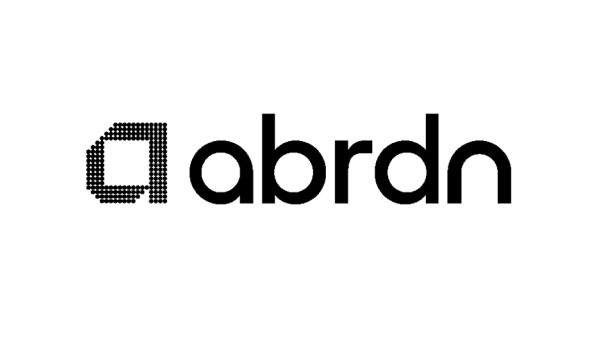
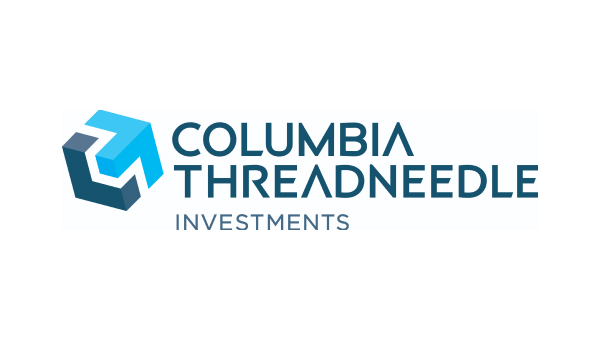
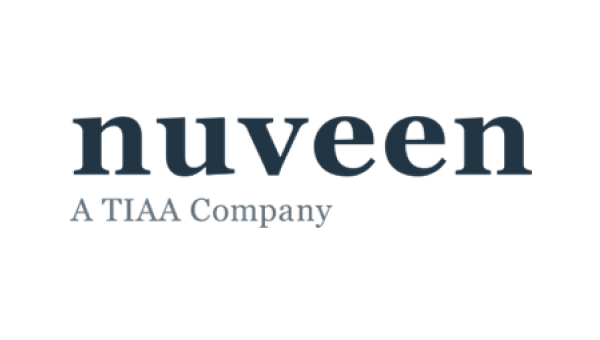
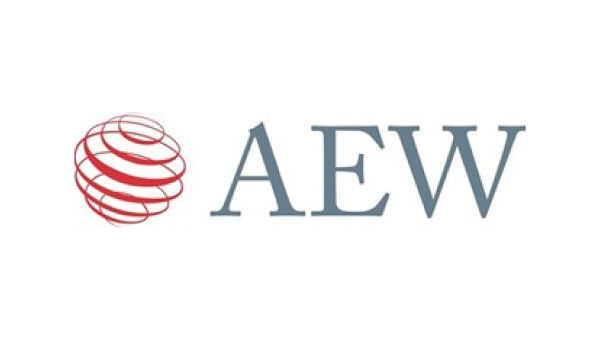
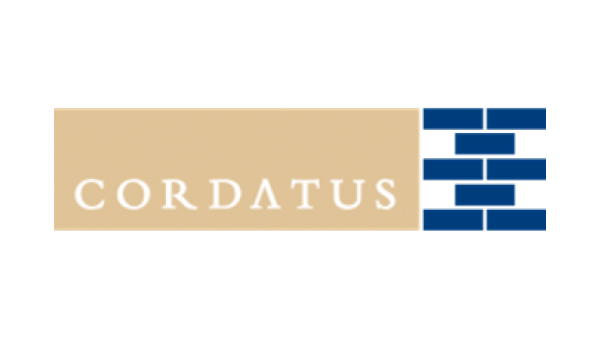
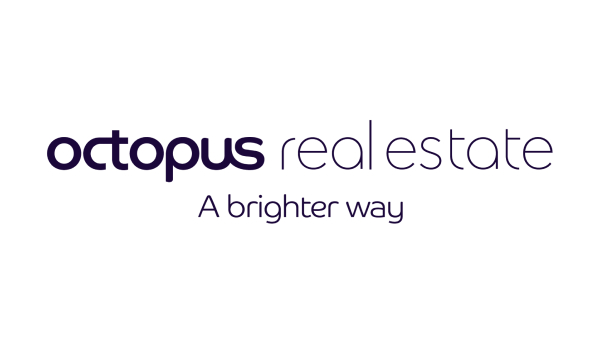
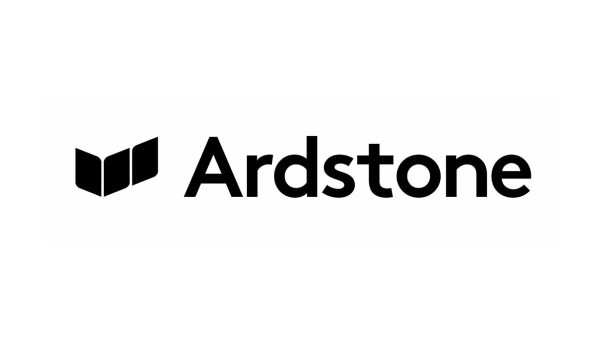
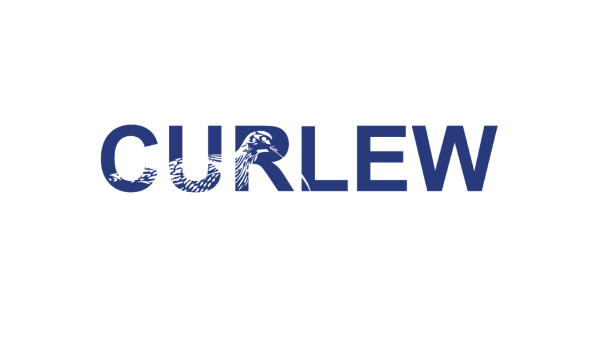
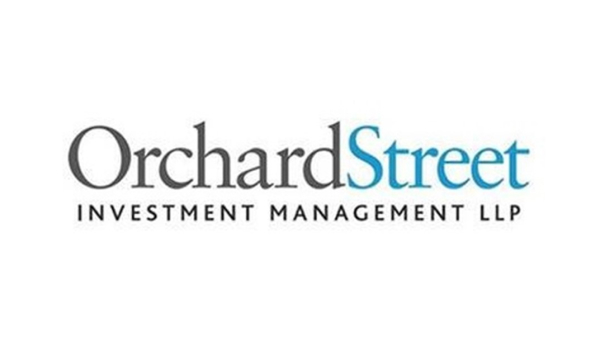

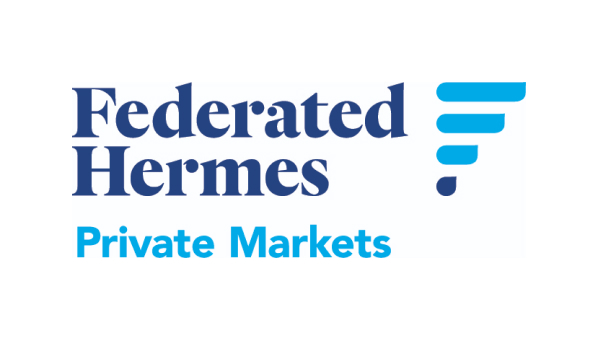
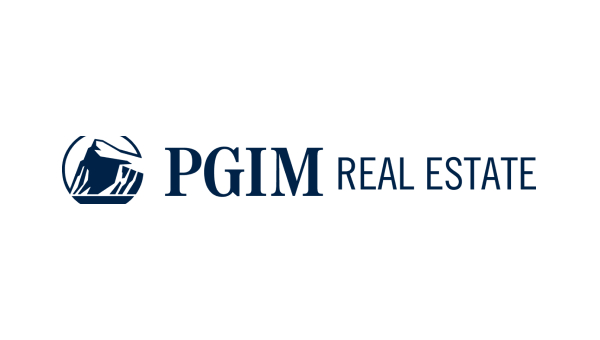
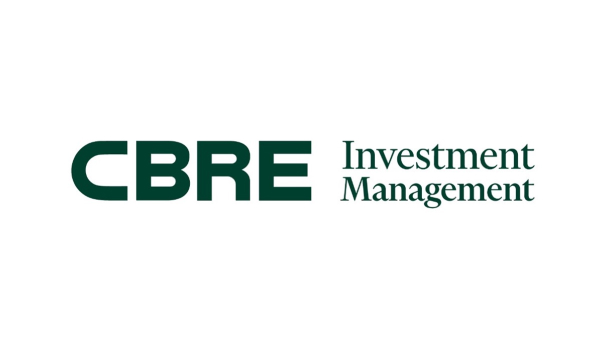
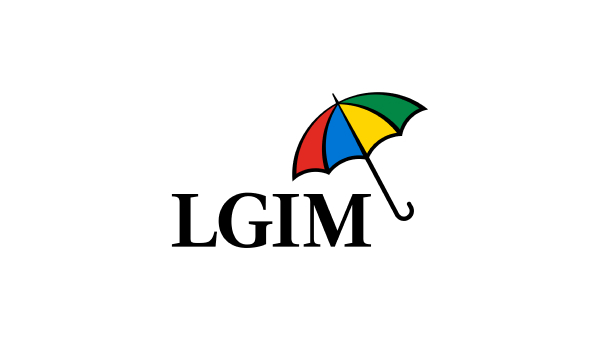
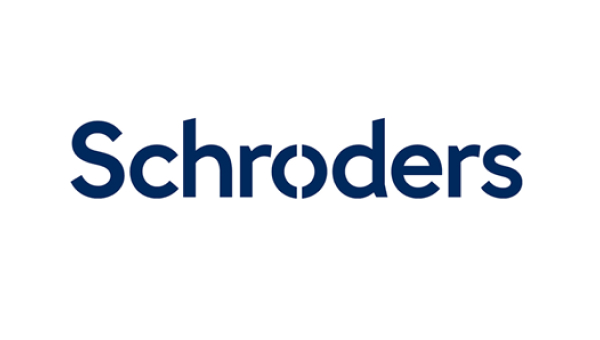
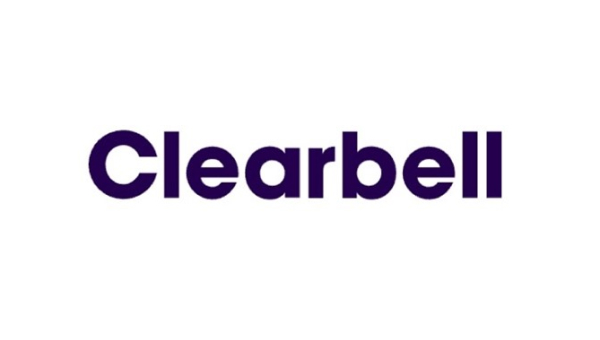
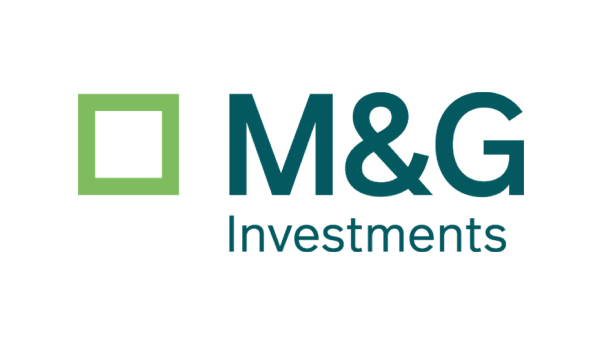

Climate: Orchard Street partners

We committed just under £90m with Orchard Street in their inaugural impact fund at first close. Brunel acts as the Fund’s cornerstone investor on behalf of eight of our ten underlying local authority partner funds. The fund sits within our UK Property portfolio.
The fund will target value-add real estate investment opportunities with the potential to generate a measurable social and environmental impact. Specifically, it will focus on the three impact areas from decarbonising existing buildings via an accelerated programme of refurbishment, investing in local communities, using a proprietary place-based needs model to identify and respond to local social issues. It will also focus on making buildings healthier for those that live and work in them, for example through improving air quality, access to green space and wellness amenities.
Orchard Street has also taken a market leading approach by linking 30% of its performance fees to the achievement of the Fund’s specific impact objectives. This aligns it directly not only to financial outcomes, but also to important environmental and social goals.
International Property
Objectives: To provide exposure to a portfolio of property investments, offering reasonable returns from a combination of income and capital with some diversification from equities.
Approach: Property is one of the most established of the investment classes and provides some diversification from equity and bond markets, although returns and valuations are somewhat dependent of economic growth. The portfolio will predominantly invest in UK commercial property, but may provide some diversification by investing up to 30% in overseas commercial property and/or UK residential property. The portfolio will be actively managed to achieve the fund objective.

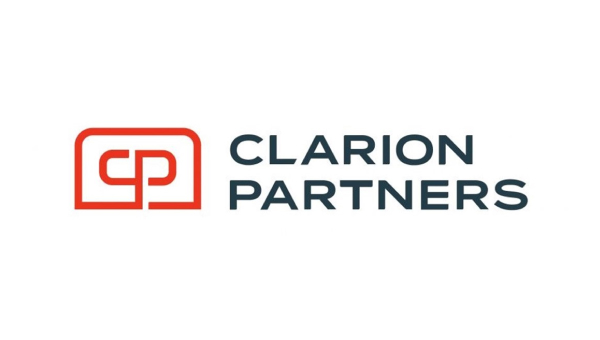

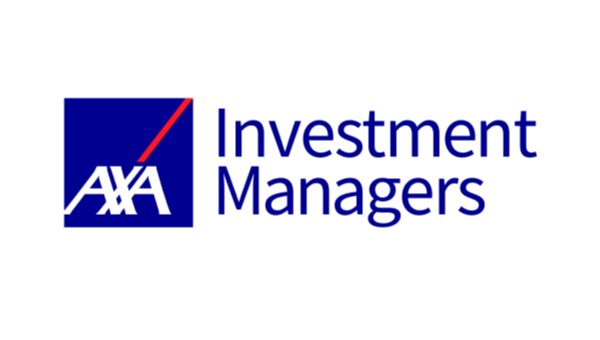
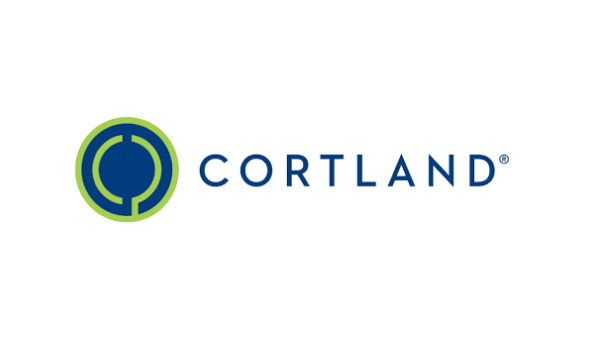
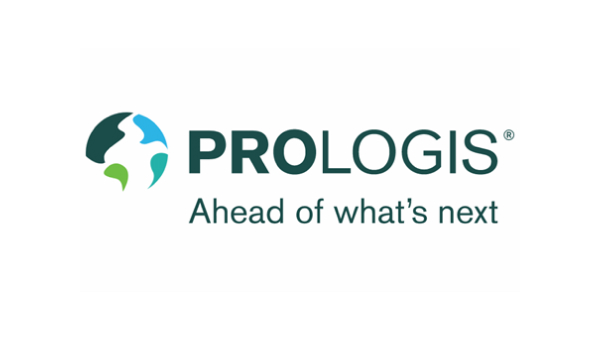
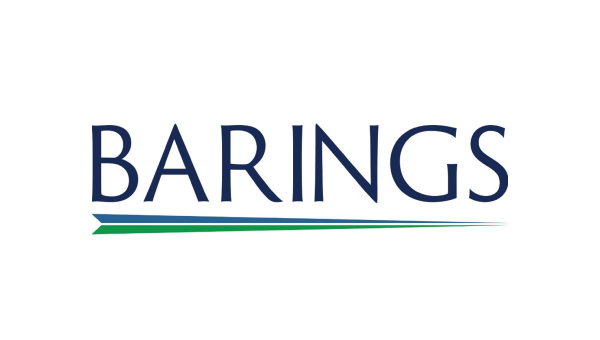
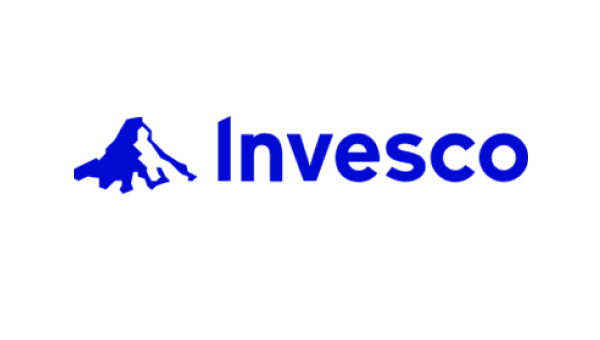

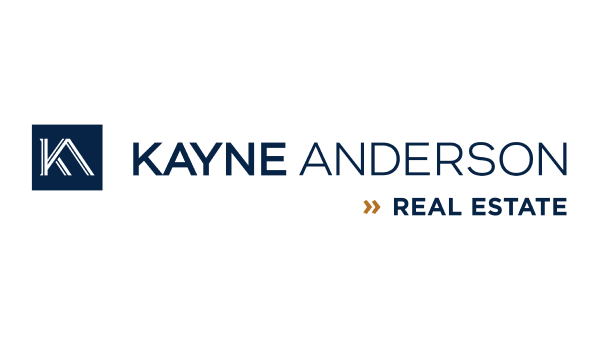

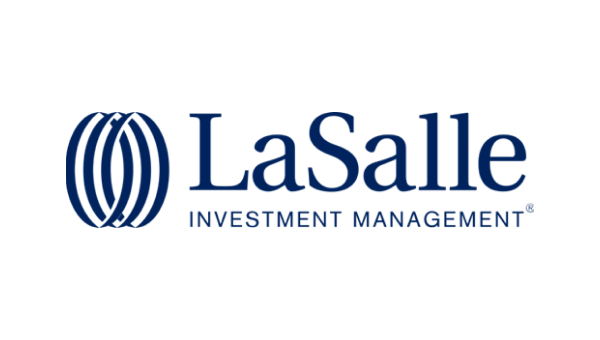
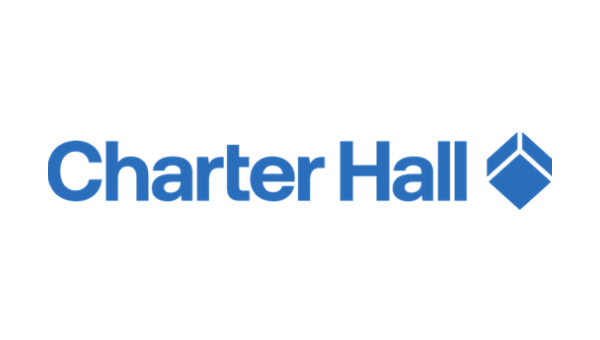

Infrastructure
We currently have cycles 1, 2 (General) and 2 (Renewables) and 3 of Infrastructure investment.
Objectives: To provide exposure to a portfolio of infrastructure investments, generating long term, relatively predictable returns, from a combination of capital and income.
Approach: The portfolio will invest in a range of assets with a skew towards renewable technologies and sustainable infrastructure. Investments in economic and social infrastructure funds capable of achieving the performance target may also be targeted.
Climate: NTR — Reclaimed Landfill Site
NTR has acquired Ockendon solar farm following its acquisition from REG Power Management. The solar farm is located in Essex (UK), with the solar farm considered to be one of the largest to be built on a repurposed landfill site in Europe and will provide 58.8MWp for 17,000 homes, once operational.
NTR is held in our Cycle 1 Infrastructure portfolio. In line with NIR’s focus on creating a circular economy to protect the environment, the former landfill site is being left undisturbed, with specialist engineering and design techniques being adopted by NIR to repurpose the land for renewable energy power generation.
Using the latest solar technology, NIR will install 540Watt bi-facial solar panels which are capable of capturing sunlight on both sides of the panel. These panels have a higher efficiency rate, resulting in increased output density and optimisation of energy yields per square metre. Mobilisation works have commenced with the project expected to be fully operational in Q3 2023.
Secured Income
We currently have cycles 1, 2 and 3 of Secured Income investment.
Objectives: To provide a higher yield than index-linked gilts and corporate bonds with added benefit of this yield rising with inflation or being subject to fixed uplifts over time.
Approach: The portfolio will invest in infrastructure and property assets, primarily through direct funds but some direct investment may be considered. The focus will be on investments with asset backing, contractually fixed or otherwise secure cash flows (with some inflation linking), and limited economic or operating exposure. This could include long lease property and mature infrastructure. Investment will be made in relatively lower risk equity (e.g. without excessive leverage), or in long dated debt instruments (largely private direct lending).


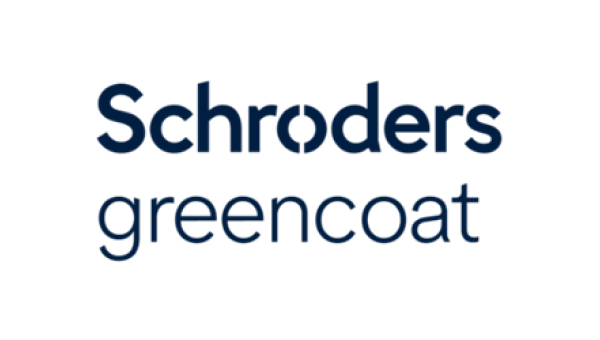
Climate: Friars Bridge Court
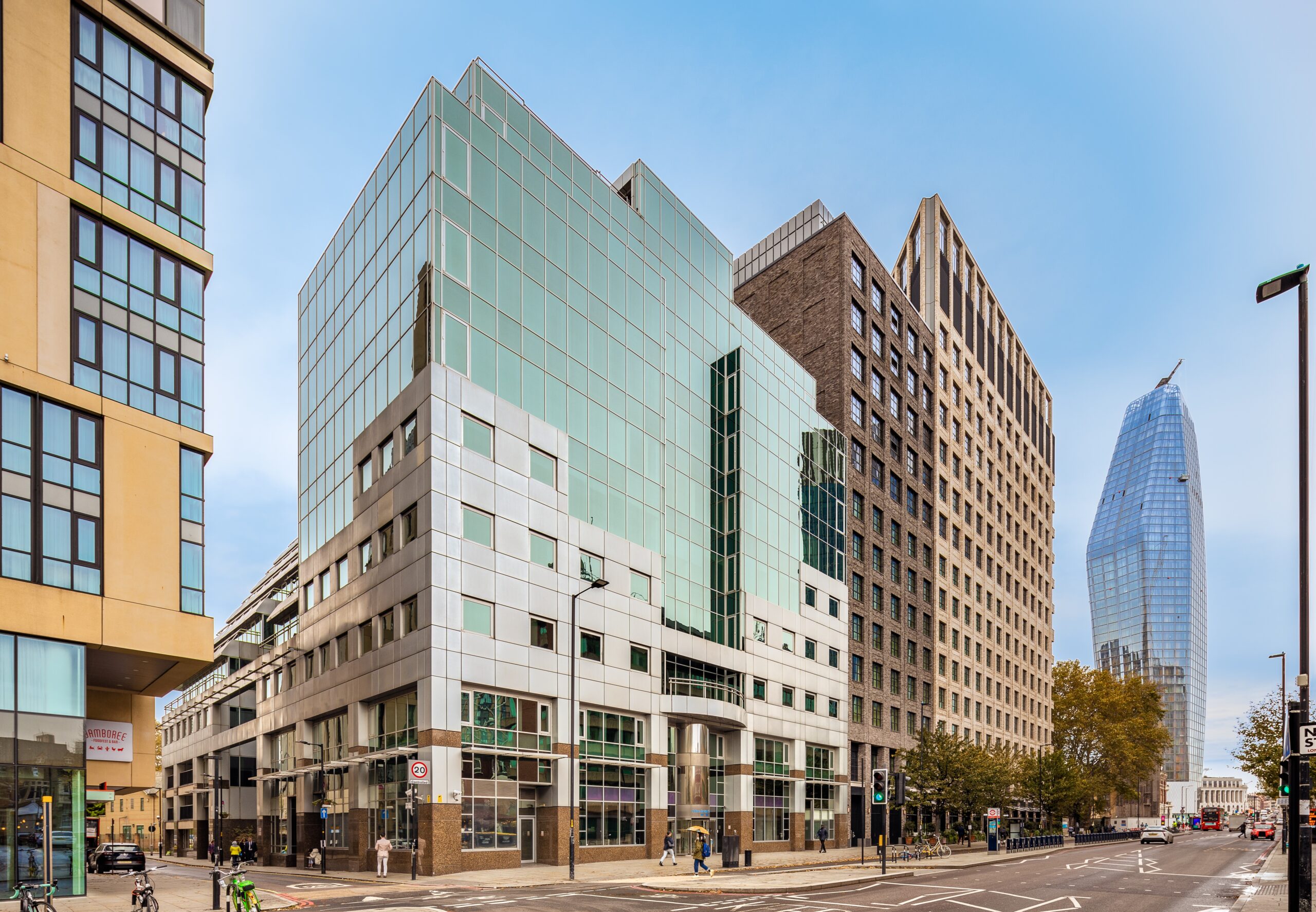
Friars Bridge Court, London, is an asset held in the Long Lease Property Fund which is managed by abrdn. The building is in the process of being repurposed to provide centralised pathology services for Guy’s and St Thomas’ and Kings College Hospital NHS Foundation Trusts.
This will release existing hospital laboratory floorspace allowing the partner Trusts to repurpose this space for other clinical or NHS services. Environmental considerations have been integral to the construction process – 83% of the previous fit has been recycled, the EPC rating is scheduled to improve from the present “B” to an “A” rating, and the BREAAM score is likely to be “Outstanding”.
While two NHS Trusts will initially benefit from the shared pathology services, it is projected that many other hospitals, GP practices, community services, clinics and other healthcare organisations will take advantage of the industry leading expertise. Friars Bridge Court is expected to become the largest facility of its kind in Europe.
Private Debt
We currently have cycles 2 and 3 of Private Debt investment.
Objectives: To provide exposure to a portfolio of private debt instruments, offering reasonably attractive returns, primarily in the form of income, based on credit risks and the illiquidity premium.
Approach: The portfolio will comprise a diversified set of private debt investments, aimed at providing moderately high returns primarily through income.
The managers selected for this portfolio are Ardian, Arcmont, Barings, Blackrock, Bridgepoint, Crescent Capital, HPS, ICG, Neuberger Berman
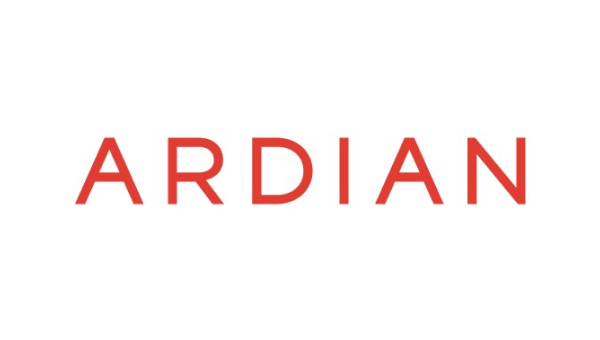
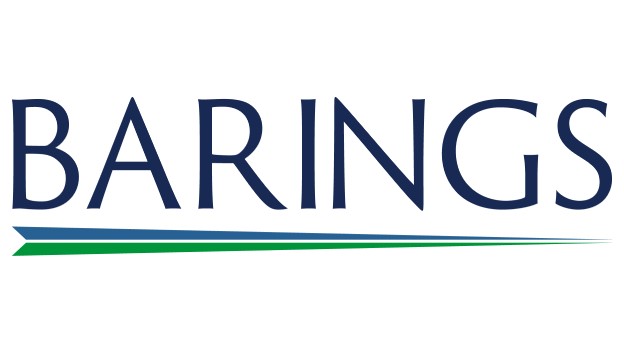

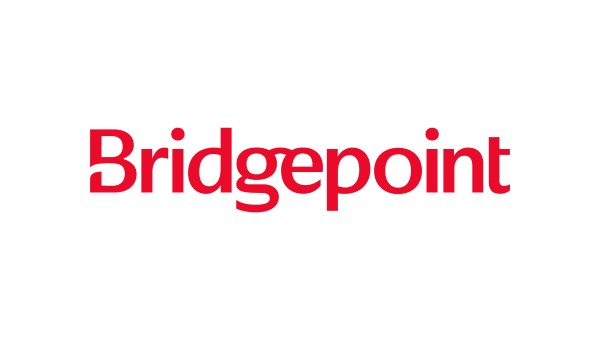
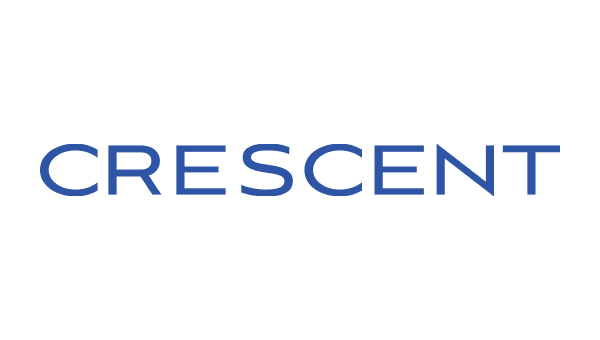

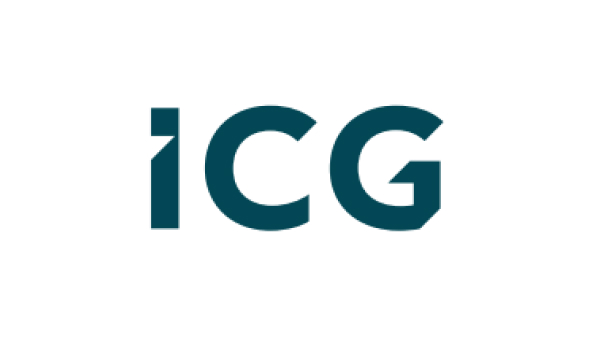
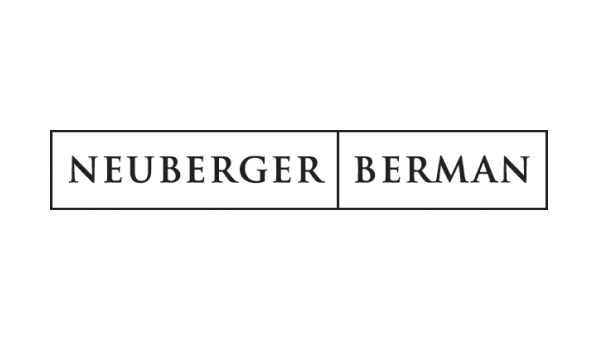
Stewardship: Private Debt — the final frontier of Stewardship
Private debt funds, alongside hedge and absolute return funds, are generally ranked quite low when it comes to ESG integration, climate, and stewardship*. but at Brunel we like a challenge. We have committed to be a responsible steward across all our asset classes, and whilst being pragmatic, we are also robust and have been clear that we are willing to walk away if we feel the commitment to improve is not evident.
Private debt has been an on-going area of stewardship engagement and one of which we have been pleasantly surprised at the pace of progress. We are currently embarking on our cycle 3 private debt programme which is very much regarded as a continuation of the ambitious work undertaken for cycle 2, but with a notable emphasis on measurement of carbon/ greenhouse emissions (within a broader long-term goal of reducing such in line with Net Zero for investee companies. It has become increasingly possible to request that General Partners (GP) have (or have clear roadmaps for) the detailed mapping of emissions/carbon intensity data in line with industry best practices (specifically scopes 1-2 and upstream/ downstream measurement for scope 3).
Generally speaking European managers have been more advanced in their efforts to date, and Brunel has been able to make investments with GPs who have extensive mapping efforts underway (even if using a majority of proxy data at this stage). We have also been able to engage them to set ambitious targets around factors such as: (i) efforts to increase the share of portfolio level emissions sourced from actual companies: (ii) establishing a medium term target to move portfolios towards net zero; and (iii) the onboarding of external consultants and data providers to aid in (i) and (ii). A particular success story has been our collaboration with a prominent European GP to help steer the formation of their climate policy and their onboarding of what Brunel regards as leading data providers and initiatives.
Within the US, a region typically further behind on the climate journey, we have been engaging with GPs to help move best-practice RI-integrators towards onboarding the necessary infrastructure to utilise proxy data to measure portfolio level emissions.
* Mercer ESG ratings
Private Equity
We currently have cycles 1, 2 and 3 of Private Equity investment.
Objectives: To provide exposure to a portfolio of private equity investments, offering potentially exceptional net returns, albeit with high risk, illiquidity and high costs. Impact investment will be considered, subject to meeting the return objective.
Approach: Investments will include a mix of Private Equity investment strategies (Co-Investment, Secondary and Primary funds) and stages (including but not limited to ‘Buyout’, Growth’, ‘Venture’ and ‘Turnaround’).
The portfolio will be global in outlook in search of a diversified set of opportunities, with an average lifecycle of 10 to 15 years. New opportunity sets will be identified at least annually. The aim is to provide significant capital growth for the investor with funds returned over the lifecycle of the investments. Currency is unlikely to be hedged.

Climate: Private Equity, New Mountain Capital, Profile Products
New Mountain Capital in our Cycle 2 Private Equity Portfolio acquired Profile Products a leading developer and manufacturer of highly engineered specialty agriscience materials. Their work promotes environmental sustainability whilst delivering superior performance for horticulture, erosion control, sports turf, and other specialty applications.
Profile has pioneered significant innovation through the introduction of its highly engineered wood substrate product known as Hydrafiber, a growing medium that promotes improved water availability and soil porosity. which allows for better, faster root development and greater yields for growers. In addition, the Hydrafiber” is more cost competitive than the products being replaced and improves clients’ environmental sustainability outcomes.
Cornwall Local Impact
Objectives: To provide exposure to a portfolio of local impact investments in Cornwall, generating long-term returns from a mix of income and capital appreciation.
Approach: The Portfolio provides exposure to impact investments, both social and environmental, with a majority located in Cornwall. The portfolio comprises affordable housing in Cornwall with the remainder invested into renewable energy in both Cornwall and UK-wide.
The Cornwall Local Impact Fund is divided into three mandates
- Affordable private rental housing in Cornwall
- UK renewables
- a Cornwall-focused mandate
The portfolio targets a net 5.0% annual internal rate of return over a rolling 7-10-year period. Key Performance Indicators have been identified to track and monitor both the social and environmental impacts of the investments that will be made.
The new portfolio has been launched as an elective service to meet the specific criteria set by Cornwall Pension Fund, which centre on achieving local impact.
The managers selected for this portfolio are PGIM Real Estate and Schroders Greencoat

